Cunning is the art of concealing our own defects, and discovering other people's weaknesses
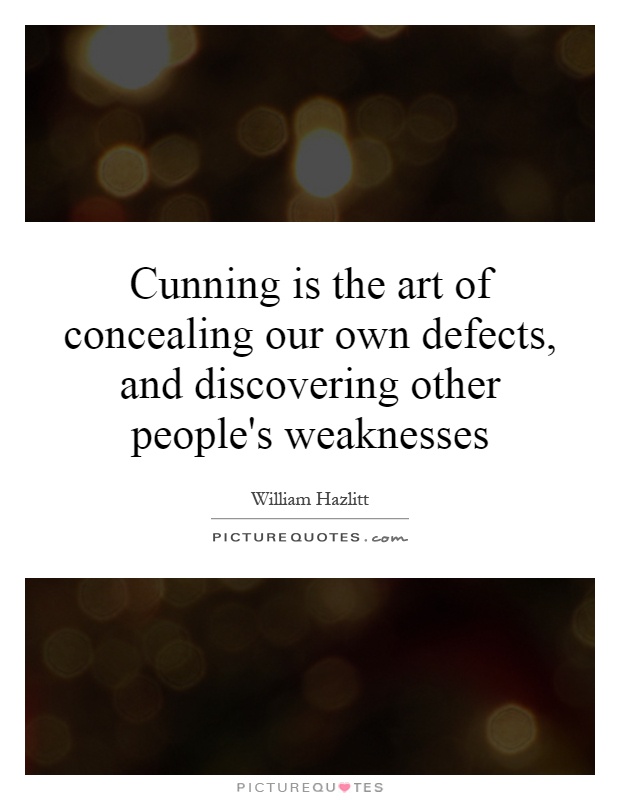
Cunning is the art of concealing our own defects, and discovering other people's weaknesses
William Hazlitt, a renowned English writer and philosopher, once said, "Cunning is the art of concealing our own defects, and discovering other people's weaknesses." This statement encapsulates the essence of human nature and the complexities of interpersonal relationships. Hazlitt's words highlight the inherent tendency of individuals to manipulate situations to their advantage by masking their flaws and exploiting the vulnerabilities of others.In the context of Hazlitt's philosophy, cunning can be seen as a strategic tool used by individuals to navigate the complexities of social interactions. By concealing their own shortcomings and amplifying the weaknesses of others, people can gain a competitive edge in various aspects of life, whether it be in personal relationships, professional settings, or even in matters of politics and power.
Hazlitt's observation sheds light on the darker side of human nature, revealing the inherent selfishness and opportunism that often underlie our actions. In a world where success is often equated with cunning and manipulation, individuals may feel compelled to resort to deceitful tactics in order to achieve their goals. This can lead to a culture of mistrust and suspicion, where people are constantly on guard against the hidden agendas of others.
However, Hazlitt's words also serve as a cautionary reminder of the dangers of succumbing to the allure of cunning. While it may provide temporary advantages, the long-term consequences of deceit and manipulation can be detrimental to both individuals and society as a whole. By prioritizing self-interest over honesty and integrity, individuals risk damaging their relationships and reputations, ultimately undermining their own success and well-being.


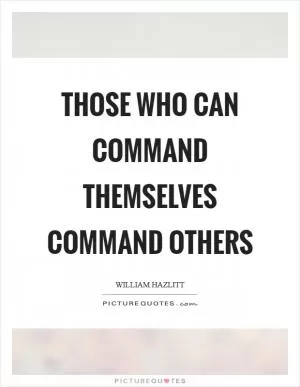

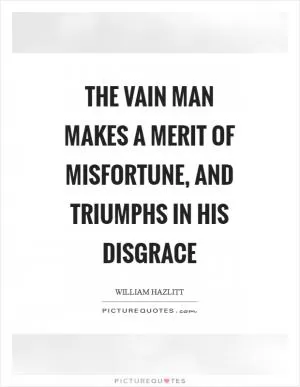

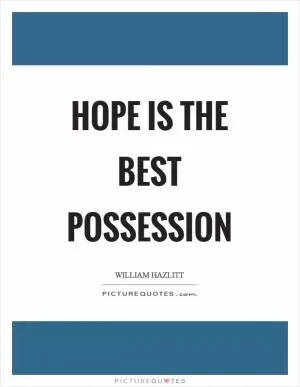

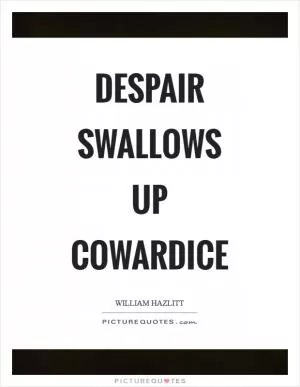
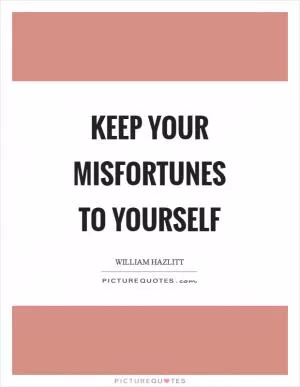
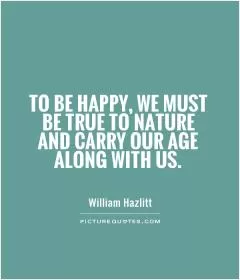

 Friendship Quotes
Friendship Quotes Love Quotes
Love Quotes Life Quotes
Life Quotes Funny Quotes
Funny Quotes Motivational Quotes
Motivational Quotes Inspirational Quotes
Inspirational Quotes